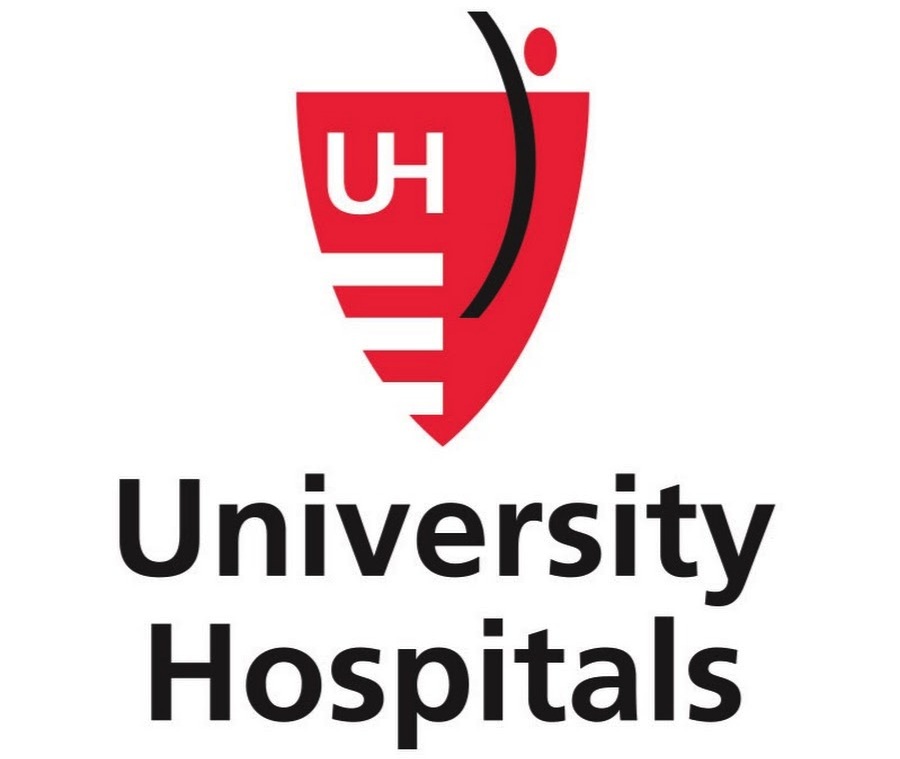The simple yet powerful practice of gratitude journaling is something that anyone in Bedford can embrace, regardless of age or life stage. This practice involves regularly expressing gratitude for the blessings and positive aspects of life. No matter your age, gratitude journaling can have profound benefits for your well-being.
To begin gratitude journaling, set aside a few minutes each day to reflect on what you’re thankful for. You can use a notebook, a journal app on your phone, or any other method that works for you. Write down three to five things you’re grateful for, big or small, and briefly describe why you appreciate them.
For adults, gratitude journaling can help shift focus from stressors to blessings, reduce anxiety, and promote a more positive outlook on life. It can also enhance self-awareness, mindfulness, and resilience in the face of challenges.
Gratitude journaling is a valuable practice for children as well. It teaches them to cultivate a positive mindset, develop empathy and appreciation for others, and build resilience. Encourage kids to express gratitude for things like friendships, family, nature, toys, or fun experiences.
Gratitude journaling can be especially meaningful for elderly residents. It provides an opportunity to reflect on a lifetime of experiences, cherish memories, and find joy in simple pleasures. Gratitude can also improve emotional well-being and foster a sense of fulfillment and contentment.
The key to reaping the benefits of gratitude journaling is consistency. Make it a daily practice, ideally at the same time each day, to cultivate a habit of gratitude. Over time, you’ll likely notice a positive shift in your mindset and overall well-being.
Gratitude journaling is a universal self-care practice that transcends age and life stage. By incorporating this simple practice into your daily routine in Bedford, you can cultivate a mindset of gratitude, promote emotional well-being, and enhance your quality of life.






